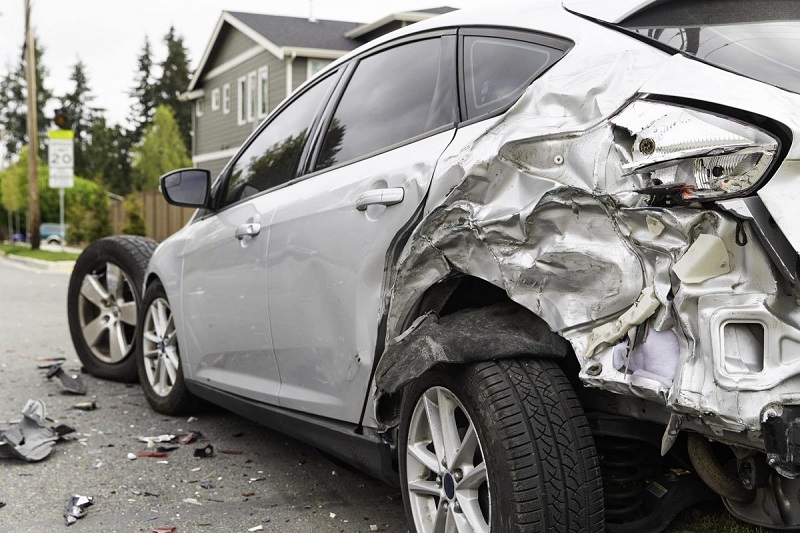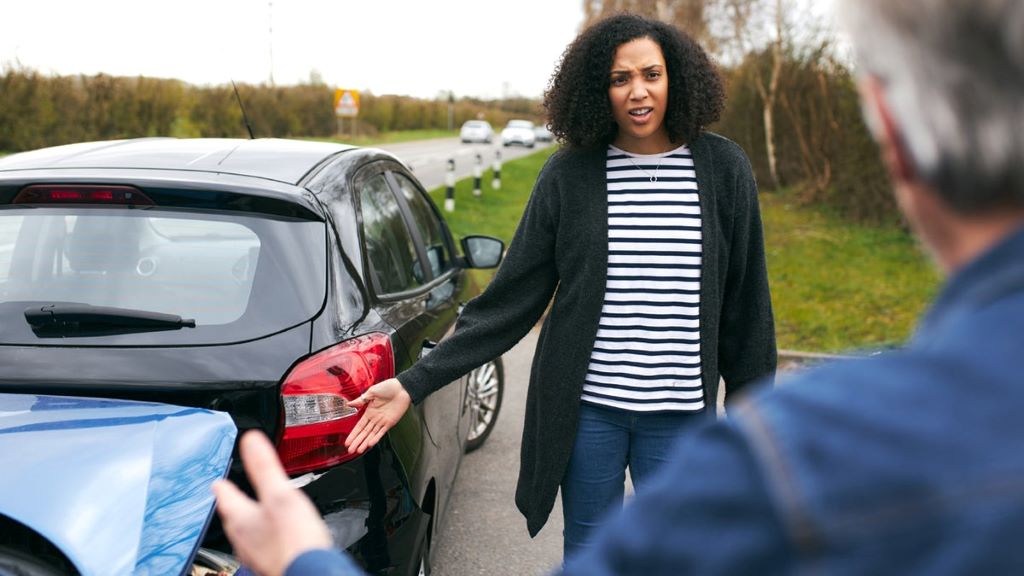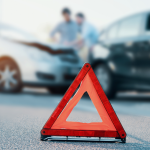If you’ve been involved in an accident where your car was declared a total loss, you may be wondering who will receive the insurance check. This can be a confusing and stressful situation, especially if you’re not familiar with how insurance claims work. According to the Insurance Information Institute, there were over 6 million car accidents in the US the previous year. While not all of these accidents result in a totaled car, it’s important to understand the process and your rights in case you ever find yourself in this situation. In this article, we’ll provide some background information on totaled cars and explain who typically receives the insurance check.
What is a Totaled Car?
A car is considered totaled when the cost of repairs exceeds its actual cash value (ACV). The ACV is the amount that your car would have sold before the accident. In other words, if it would cost more to repair your car than what it’s worth, then it will likely be declared a total loss by your insurance company. For example, if your car has an ACV of $10,000 and the repairs would cost $12,000, then it will likely be deemed a total loss.
Who Determines if a Car is Totaled?
The decision to declare a car totaled is typically made by an insurance adjuster. They will assess the damage and calculate the cost of repairs compared to the ACV of the car. In some cases, they may also take into account factors such as mileage and pre-existing damages. Also, keep in mind that each state has its own guidelines for determining if a car is totaled, so the process may differ slightly depending on where you live.
What Happens After a Car is Declared Totaled?
If your car is declared totaled, you will no longer be able to drive it. The insurance company will take possession of the vehicle and may sell it for salvage or scrap. You will also need to surrender your license plates to the Department of Motor Vehicles (DMV) and cancel your registration. According to the National Association of Insurance Commissioners, you may also be able to keep your totaled car by buying it back from the insurance company. However, this will likely result in a lower payout from your insurance claim.
Who Gets the Insurance Check?
The answer to this question depends on your specific insurance policy and the circumstances of the accident. In general, there are three possible scenarios:
- If you own the car outright: If you own your car outright and do not owe any money on it, then you will likely receive the full insurance check.
- If you have a loan or lease on the car: If you are still making payments on your car or have a lease, then the insurance company will likely issue the check to both you and the lienholder or leasing company.
- If you are financing through a bank: If you are financing your car through a bank, then the insurance check may be made out to both you and the bank. The bank will then use the funds to pay off your loan, and you will receive any remaining amount.
What if the Insurance Check is Not Enough to Pay off my Loan?
In some cases, the insurance check may not be enough to cover the full balance of your loan. This can happen if you owe more on your car than what it’s worth. In this scenario, you will still be responsible for paying off the remaining balance to your lender. Moreover, if you have gap insurance, it may cover the difference between the insurance payout and the amount you owe on your loan. Gap insurance is an optional add-on to your car insurance policy that covers this type of situation.
Can I Keep my Totaled Car?
If you want to keep your totaled car, you may be able to do so by buying it back from the insurance company. This is typically only an option if you own the car outright or are financing through a bank. And have enough funds to cover the buyback price. However, keep in mind that a totaled car will have a salvage title and may be difficult to insure or resell.
What if I Disagree with the Insurance Company’s Decision?
If you disagree with the insurance company’s decision to declare your car totaled, you do have options. You can try negotiating with them for a higher payout or seek a second opinion from an independent appraiser. If all else fails, you can also file a complaint with your state’s department of insurance.
Example Scenario
Let’s consider an example to clarify how this process works. Suppose you own a car with an ACV of $15,000, but you still owe $20,000 on the car loan. Unfortunately, you’re in an accident, and the car is declared a total loss.
The insurance company decides that the cost of repairs exceeds the ACV of your car, and they issue a check for $15,000. However, since you have a loan on the car, the insurance company makes the check payable to both you and your lender. When you endorse the check to your lender, they apply the $15,000 to your loan balance, bringing it down to $5,000.
Now, here’s the tricky part. You are still responsible for the remaining balance of $5,000 on your loan, even though you no longer have the car. This is where gap insurance can come to your rescue. If you had purchased gap insurance, it would cover the remaining $5,000, allowing you to pay off your loan in full. Without gap insurance, you would be on the hook for the remaining balance.
This scenario illustrates why it’s crucial to understand the fine print of your insurance policy. And consider options like gap insurance, especially if you have a loan or lease on your car.
Conclusion
If your car is declared totaled, the decision of who receives the insurance check will depend on your specific circumstances. It is important to review your insurance policy and communicate with your insurance company to fully understand how this process will work for you in the event of an accident. Remember, the most important thing is to stay safe on the road. And have proper insurance coverage in case of any unforeseen circumstances.
FAQs
Q: Will I receive a rental car while my totaled car is being assessed?
A: This depends on your insurance policy. Some policies may include rental car coverage, while others may not. It’s best to check with your insurance company to confirm.
Q: Can I negotiate the ACV of my totaled car?
A: Yes, you can try negotiating with your insurance company for a higher ACV. You can also seek an independent appraisal if you believe their assessment is too low.
Q: Will I still owe money on my loan if my car is declared totaled?
A: It’s possible that you may still owe money on your loan if the insurance check is not enough to cover the remaining balance. This depends on the terms of your loan and how much you still owe.
Q: Can I keep my totaled car and repair it myself?
A: If you choose to keep your totaled car, you will need to buy it back from the insurance company. However, repairing it yourself may not be a viable option as the car will have a salvage title and may be difficult to insure or resell.
Q: How long does it take for an insurance company to declare a car totaled?
A: This can vary depending on the specific circumstances of the accident. It’s best to consult with your insurance company for an estimated timeline. So, even with comprehensive insurance coverage, it may not cover the full cost of replacing your car.






